Filter by
SubjectRequired
LanguageRequired
The language used throughout the course, in both instruction and assessments.
Learning ProductRequired
LevelRequired
DurationRequired
SkillsRequired
SubtitlesRequired
EducatorRequired
Explore the World Literature Course Catalog
 Status: Free Trial
Status: Free TrialDartmouth College
Skills you'll gain: Storytelling, Oral Expression, Writing, Liberal Arts, Editing, Ethical Standards And Conduct, Social Studies, Research, Social Justice, World History, Cultural Diversity, Culture, European History, Political Sciences, Advocacy, Public History
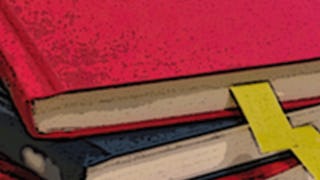 Status: Free Trial
Status: Free TrialWesleyan University
Skills you'll gain: Storytelling, Peer Review, Writing and Editing, Writing, Editing, Proofreading, Storyboarding, Content Creation, Constructive Feedback, Persistence, Professionalism, Creativity
 Status: Preview
Status: PreviewUniversity of Virginia
Skills you'll gain: European History, World History, International Relations, Social Sciences, Political Sciences, Economics, Socioeconomics, Cultural Diversity, Governance
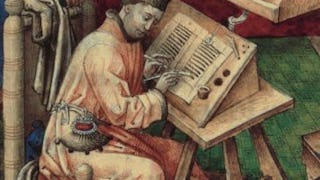 Status: Preview
Status: PreviewUniversity of Virginia
Skills you'll gain: Public History, Writing, Storytelling, Writing and Editing, World History, European History, Oral Expression, Creativity
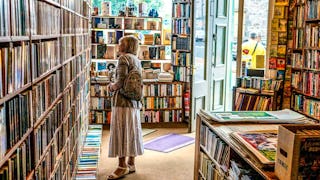 Status: Preview
Status: PreviewThe University of Edinburgh
Skills you'll gain: Storytelling, Aesthetics, Writing and Editing, Liberal Arts
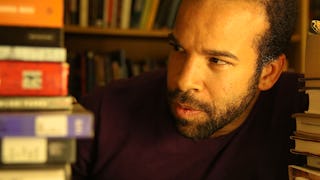 Status: Preview
Status: PreviewCalifornia Institute of the Arts
Skills you'll gain: Editing, Peer Review, Music, Creativity
What brings you to Coursera today?
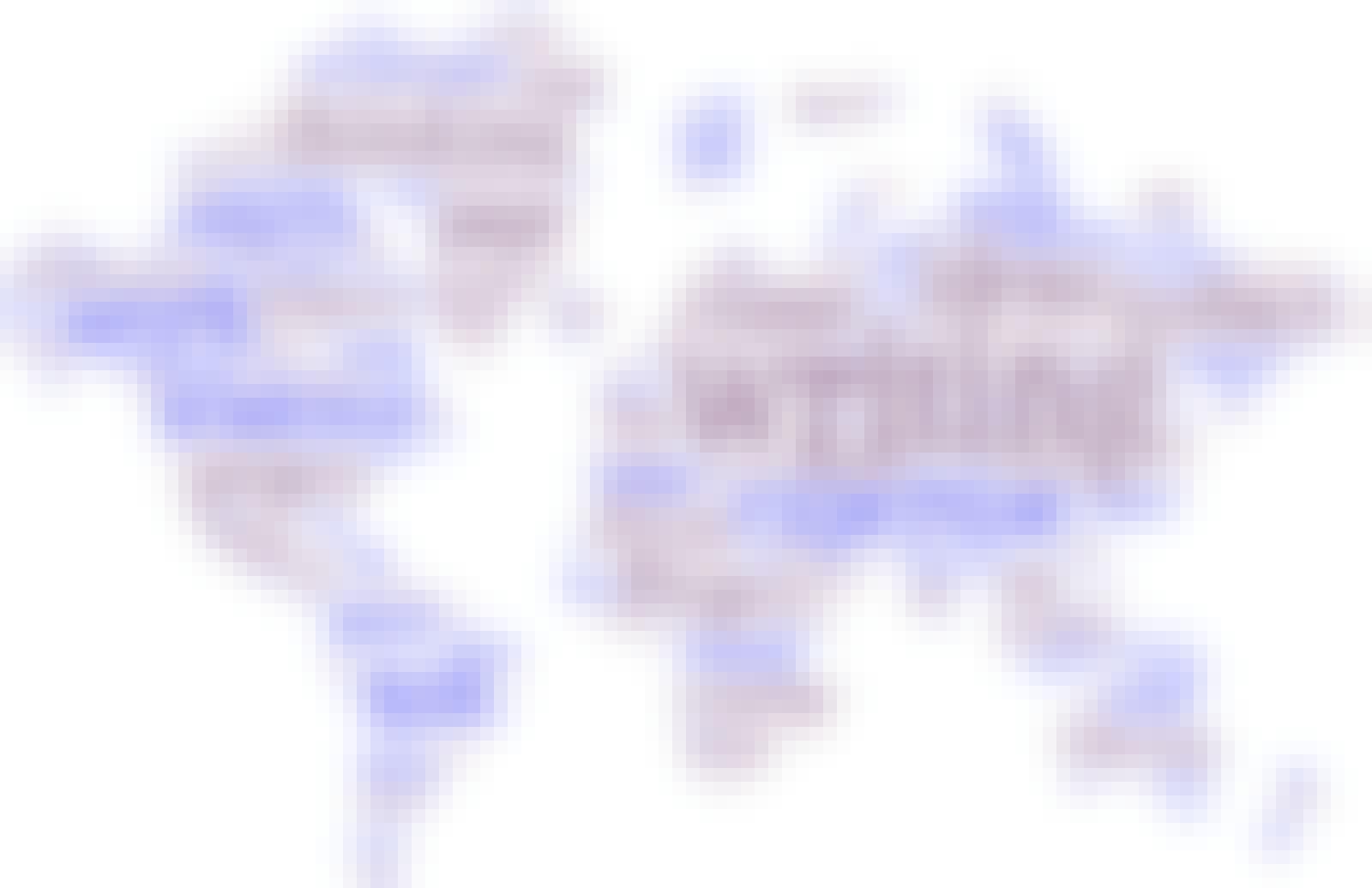 Status: Preview
Status: PreviewDuke University
Skills you'll gain: Research, Literacy, Persuasive Communication, Report Writing, English Language, Grammar, Case Studies, Journalism, Editing, Proofreading, Style Guides, Qualitative Research, Peer Review
 Status: Free
Status: FreeUniversity of Pennsylvania
Skills you'll gain: Art History, World History, Aesthetics, Liberal Arts, Performing Arts, Social Justice, Multimedia, Peer Review
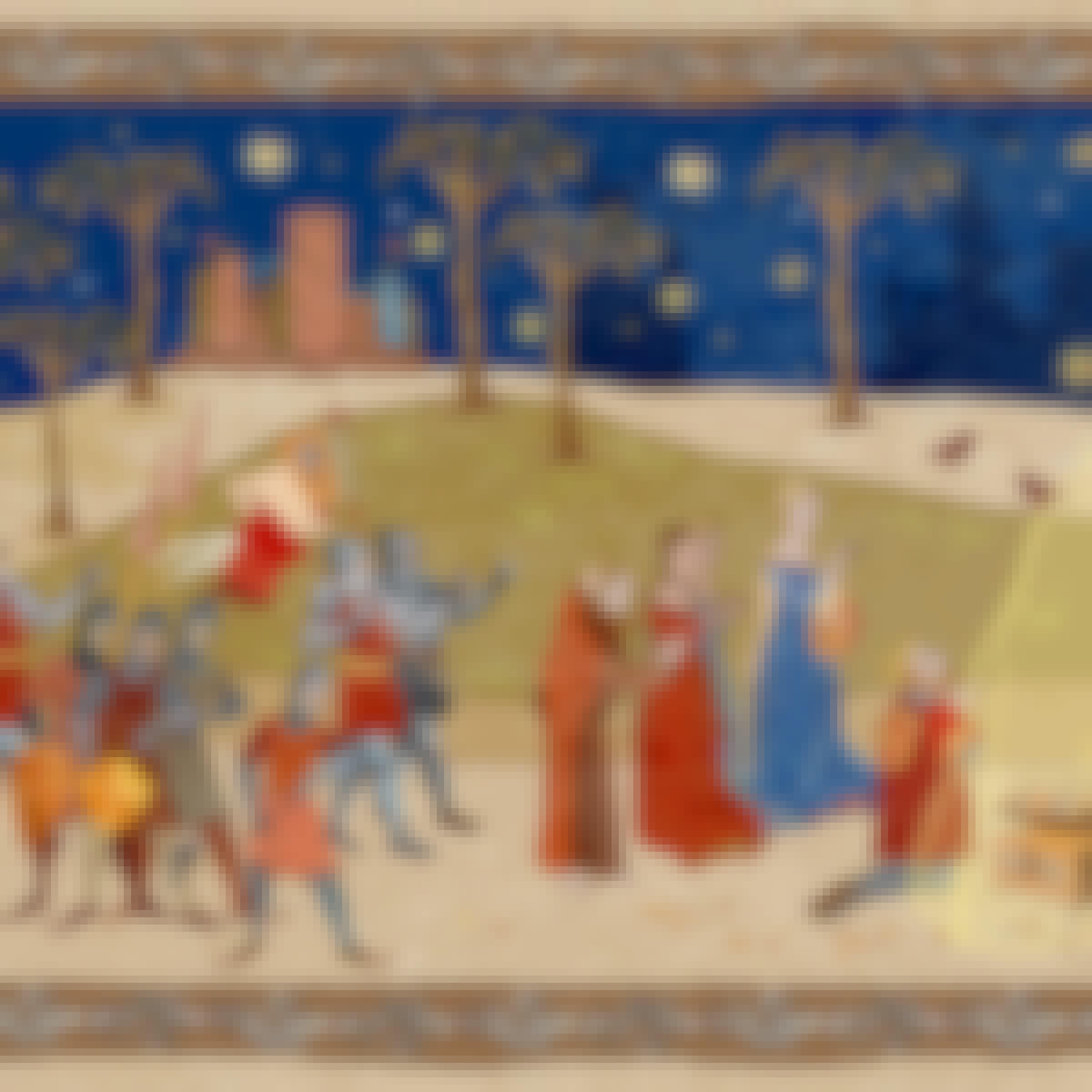 Status: Preview
Status: PreviewUniversidad de Palermo
Skills you'll gain: Art History, Ancient History, Aesthetics, European History, World History
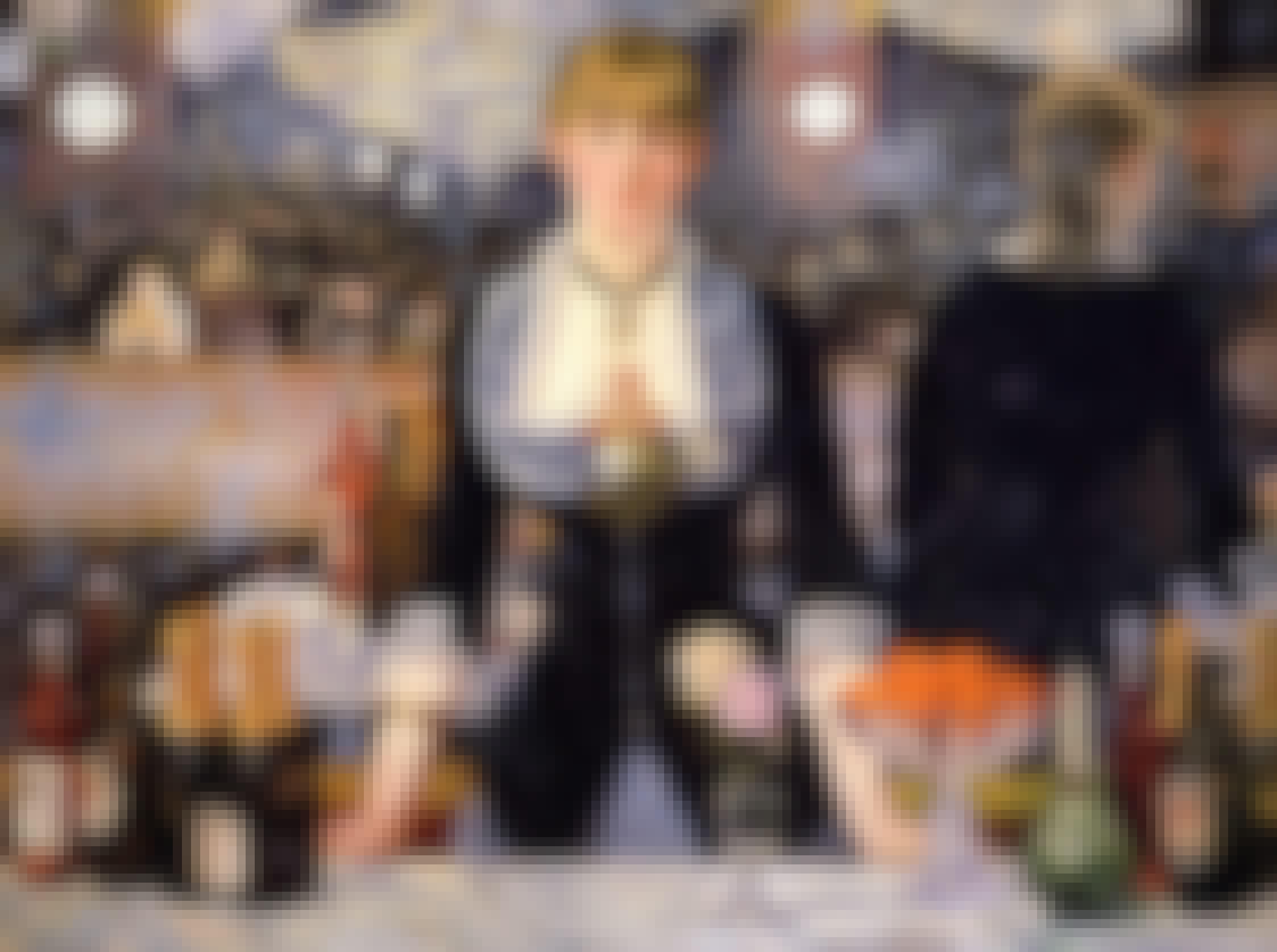 Status: Preview
Status: PreviewWesleyan University
Skills you'll gain: Aesthetics, Art History, European History, Liberal Arts, World History, Culture, Socioeconomics, Political Sciences, Sociology
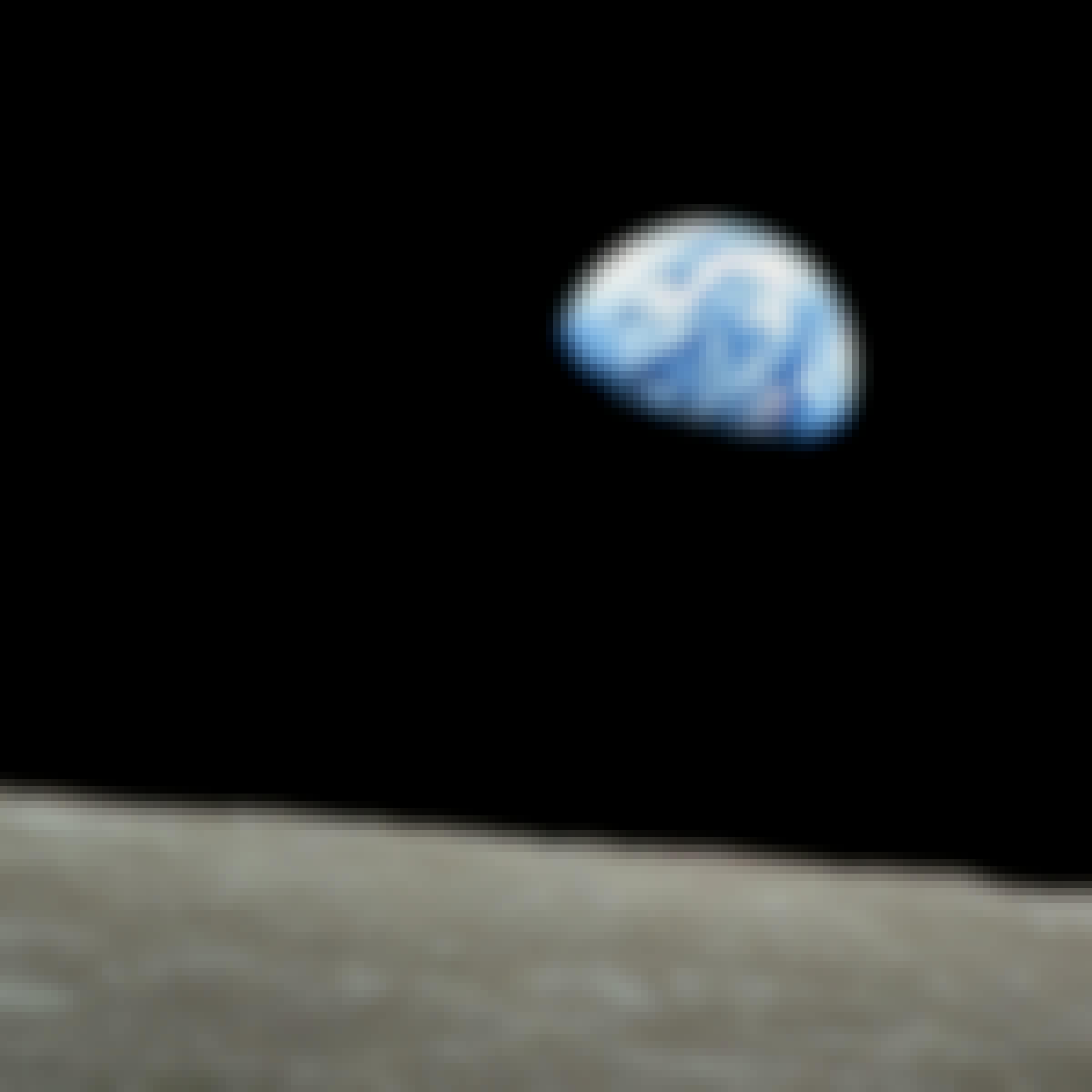 Status: Preview
Status: PreviewUniversity of Amsterdam
Skills you'll gain: World History, Ancient History, Cultural Diversity, Anthropology, Timelines, Social Sciences, Environmental Science, Biology, Physics, Economic Development
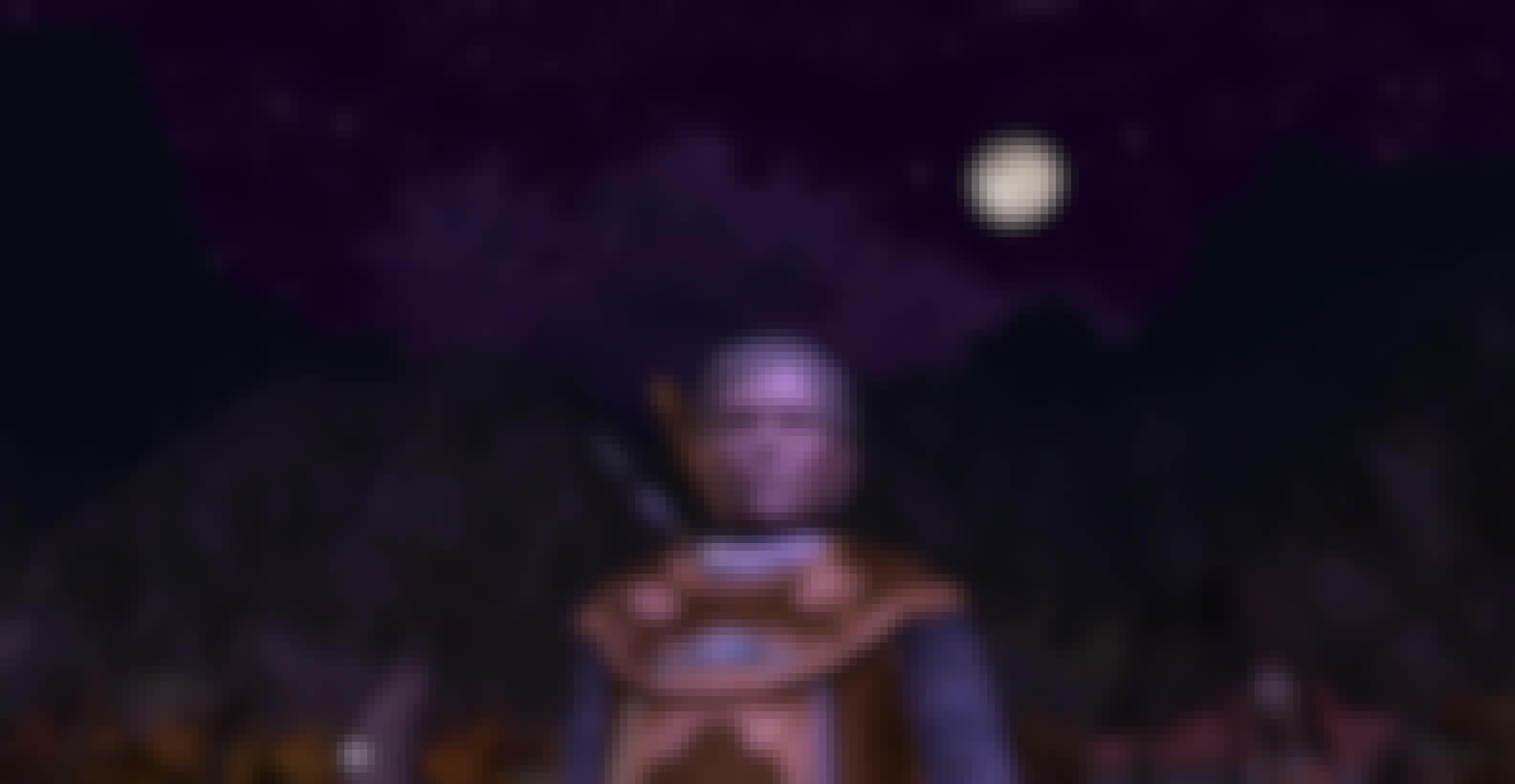 Status: Preview
Status: PreviewVanderbilt University
Skills you'll gain: Storytelling, Game Design, Video Game Development, Animation and Game Design, Liberal Arts, Multimedia, Media and Communications, Art History, Psychology
World Literature learners also search
In summary, here are 10 of our most popular world literature courses
- American Renaissance: Classic Literature of the 19th Century: Dartmouth College
- Creative Writing: Wesleyan University
- The Modern World, Part One: Global History from 1760 to 1910: University of Virginia
- Plagues, Witches, and War: The Worlds of Historical Fiction: University of Virginia
- How to Read a Novel: The University of Edinburgh
- Sharpened Visions: A Poetry Workshop: California Institute of the Arts
- English Composition I: Duke University
- Modern & Contemporary American Poetry (“ModPo”): University of Pennsylvania
- Arte Medieval: Universidad de Palermo
- The Modern and the Postmodern (Part 1): Wesleyan University










